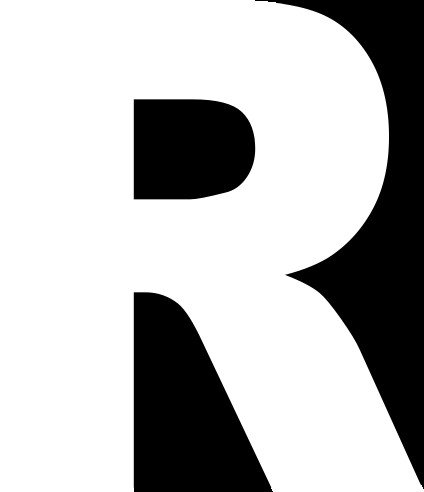The Indian Child Welfare Act, explained
The Indian Child Welfare Act (ICWA) is a federal statute passed in 1978 in response to a crisis facing Native American families. The purpose of ICWA is to provide additional protections for Indian children and families (the term “Indian” is used in the statute so I will use it while discussing ICWA) and to help keep tribes in the decision-making process about their children.
You can’t really understand ICWA unless you understand the history that led up to ICWA. In the nineteenth century, it was explicit federal policy to remove Indian children from their families, place them in boarding schools, and to punish them if they did not give up their culture and tradition. “Kill the Indian to save the man” was the motto of the boarding schools.
From the late nineteenth century up until the passage of the ICWA in 1978, the federal government stopped using the boarding schools. But Indian children were still being removed from their homes by child welfare agencies at an alarming rate. Many of those removals were a result of state caseworkers not understanding a different cultural practices in raising children, and were interpreted as abuse or neglect.
Basically, ICWA has two separate goals. First, ICWA ensures that an Indian child’s tribe is involved in the decision-making process about the child. This includes making sure the tribe knows about the state proceeding, is able to participate in the proceeding, or to remove the child from the state court system into the child’s tribal court system.
Second, ICWA provides protections for Indian children and families in a state juvenile court proceeding. This includes making sure the state can’t remove a child from his or her family without considering the tribe’s custom and tradition, and providing a heightened standard of due process when a state attempts to terminate the parental rights of the parents of an Indian child.
In addition to the federal ICWA, many states (including Nebraska) have passed their own versions of ICWA. State ICWA statutes can’t lower the protections provided by the federal ICWA, but can provide some heightened protections.
This, of course, is a broad overview of a complex statute. ICWA has been the subject of a number of legal challenges, including last year’s Supreme Court term. But understating the purpose of ICWA, and the historical background that resulted in ICWA being passed, will help you understand some of the issues surrounding any upcoming ICWA challenges.

